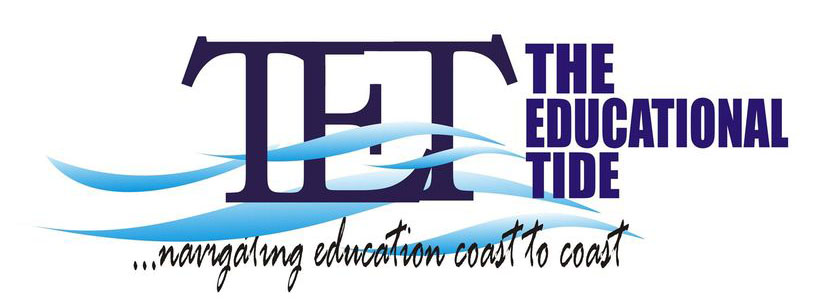Human capital development drives economic growth and cannot be overemphasized, it has been recognized by economists as a key prerequisite for a country’s socio-economic and political transformation.
The knowledge economy has become the driving force for any nation’s development and growth, we have shifted from the age of natural endowment.
Emphasis on human capital that propels the knowledge economy is the secret to how countries without abundant resources have excelled.
Commitment to human capital formation by increasing knowledge, skills, and capabilities acquired through education and training of all the people in a country is one of the factors responsible for the impressive performance of the economies of most of the developed and newly industrialized countries.
According to Harbinson (1973)
“Human resources constitute the ultimate basis for the wealth of nations. Capital and natural resources are passive factors of production; human beings are the active agents who accumulate capital, exploit natural resources, build social, economic, and political organizations, and carry forward national development. A country which is unable to develop the skills and knowledge of its people and to utilize them effectively in the national economy will be unable to develop anything else”.
Even though Nigeria is abundantly endowed both in human and physical resources which are almost unquantifiable, the country continues to face major problems like shortage of skilled labor, huge unemployment, poverty, and poor healthcare system, etc.
This calls for concern.
It is estimated that our oil will finish by 2052 and Nigeria has to queue into the New Economy by developing, training, and appreciating her abundant human capital (The Economist, June 3, 2007: 106).
Investment in human capital will increase competitiveness, improve the quality of life of the masses and drive economic growth and development in Nigeria.
This will ensure that capable manpower is available in various areas of social, political, institutional, technological, and economic endeavours which will drive the process of growth, development, and industrialization in Nigeria to balance out the depletion of oil as a major source of revenue.
The quality of human resources in a country refers to the state of education, health, and other human capabilities that can raise productivity when increased.
Hence, the concept of human capital is said to be the “skills and efforts of human resources in any given economy that is geared towards attaining economic growth. Notably, human capital can be improved over time, through either informal or formal skill acquisition, as well as other social investment that enhances productive capacities of labor” (Adamu PA, 2003)
How can a nation this blessed rely on foreign aid to fund education? This is very risky.
This sorry situation is predated by poor policy impact across the key sectors of the economy, such as education and health that would have transformed productivity to economic growth in Nigeria.
The poor health outcomes we experience in Nigeria, predated by low life expectancy and huge mortality have drawn the needed attention towards the need to improve productivity through an improved health system.
Human capital engenders productivity which can be aided by healthy conditions, knowledge, skills, work experience, and motivation.
Nigeria is rather characterized by under-investment in human capital through the two major tracks: education and health.
Persistent and continuous investment in human capital will guarantee long-run productivity and hence improved economic growth performance.
I submit that there is a need to sustain economic growth in Nigeria through increased budgetary allocation to the education and health sector to boost the human capital skills needed to drive a knowledge-based economy.
Special agencies should be established and saddled with the responsibility of improving the skills and capabilities of human capital across all educational levels of the federation to sustain growth in the long run.
Another way forward is that government should target investing in education – vocational studies as that could scale manufacturing output growth.
Human capital development has indicators like students’ enrolment rate, labor participation rate, and total labour force, they are important determinants of a Nation’s Economic Growth.
Human capital is the Oil well the government should be investing in.














